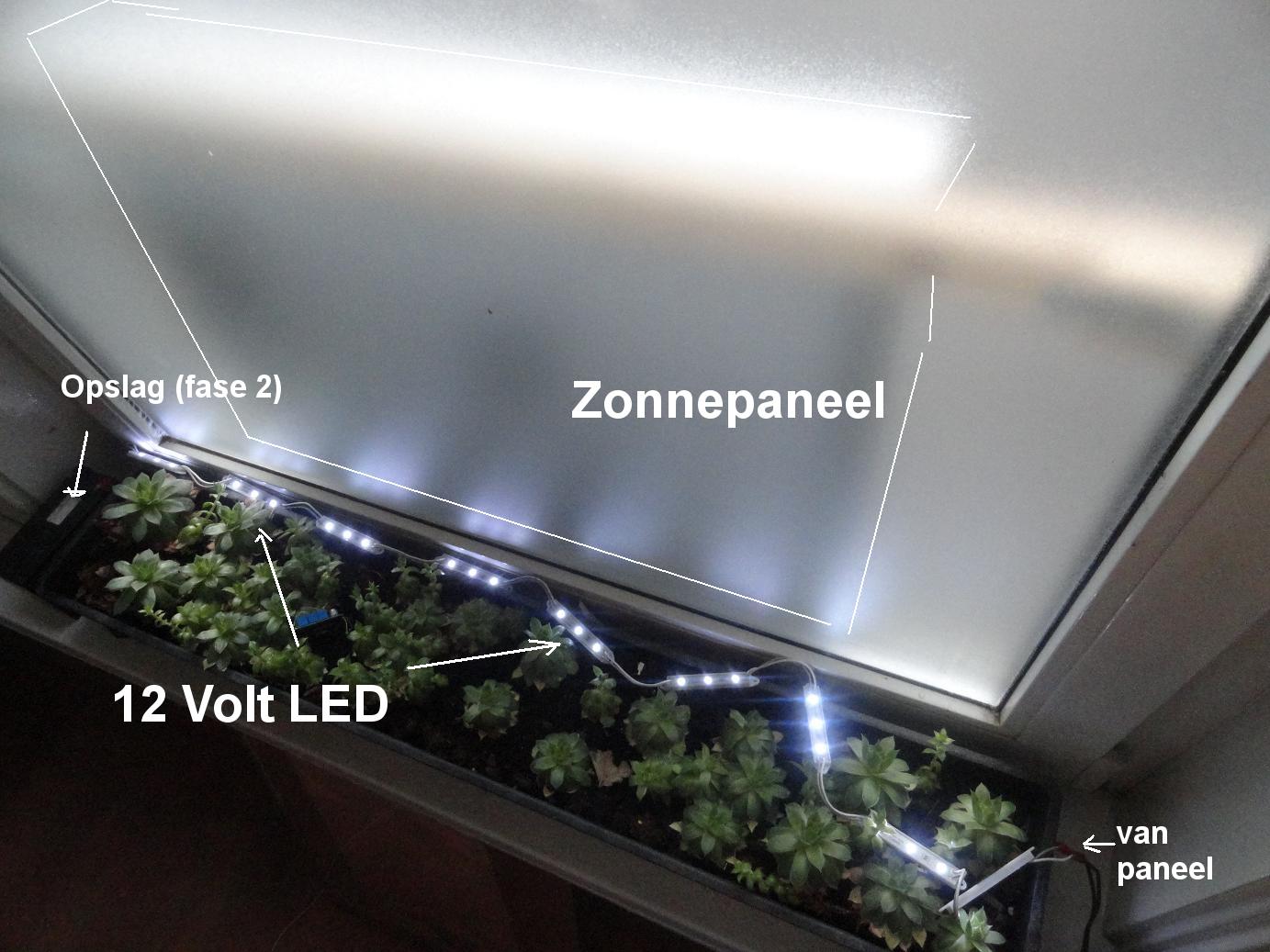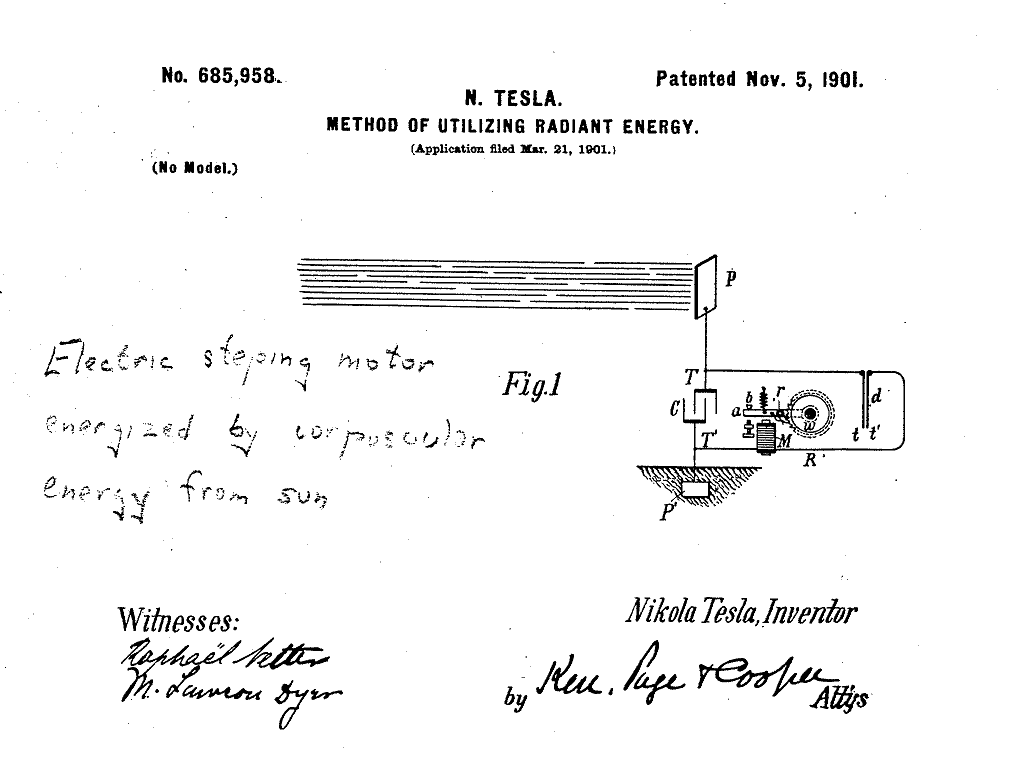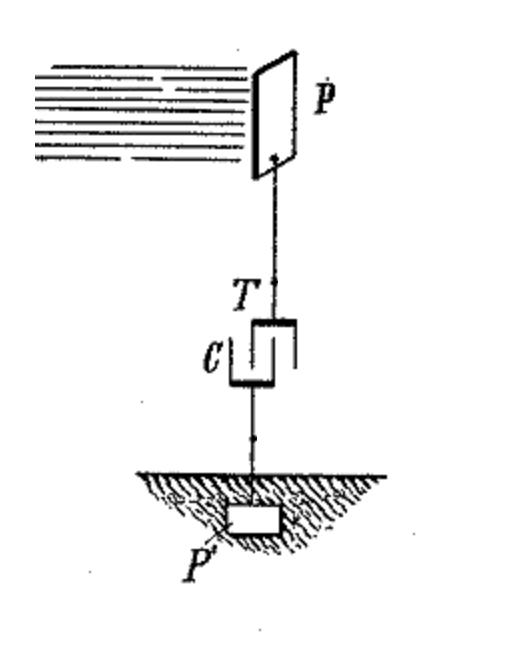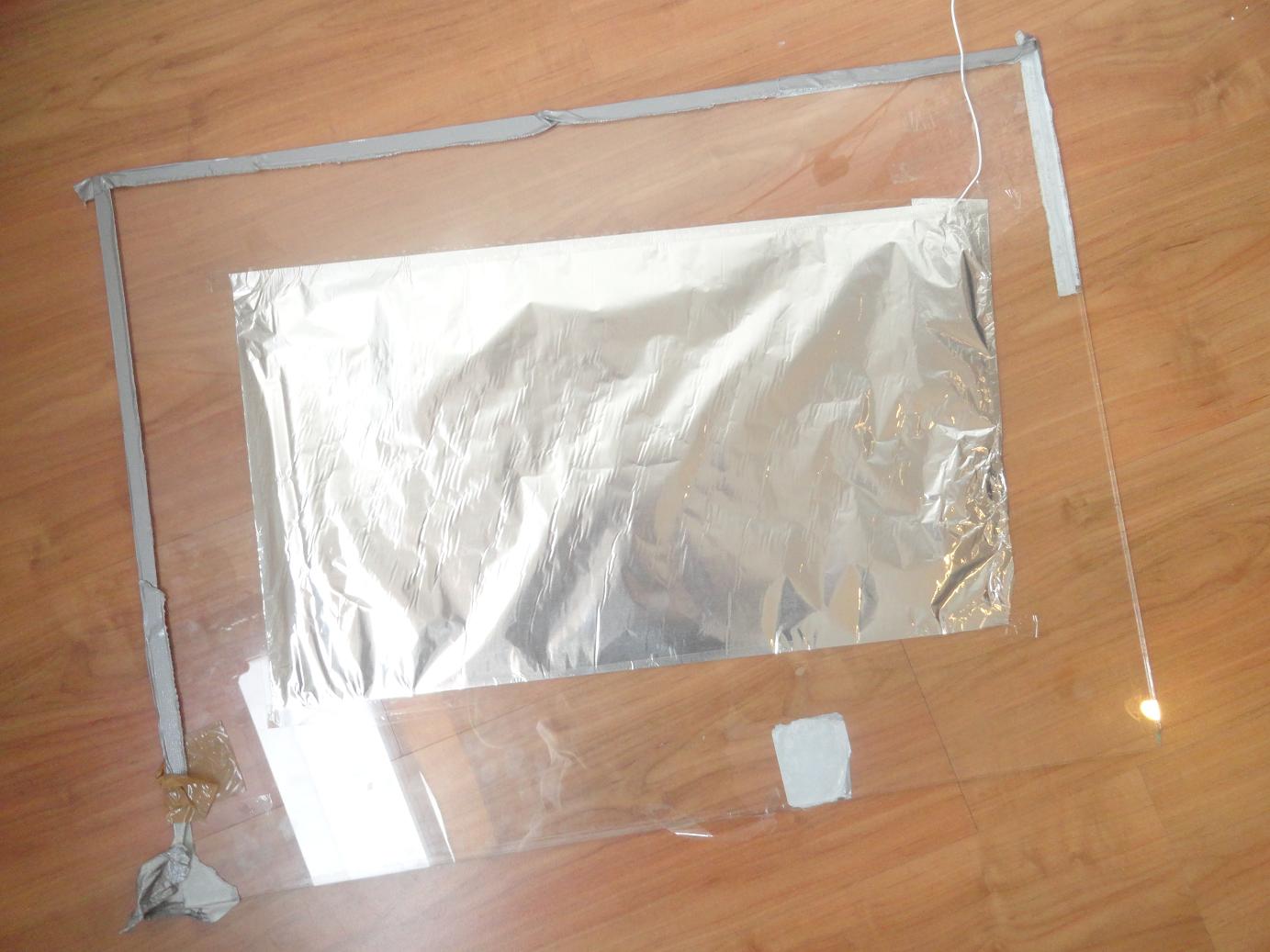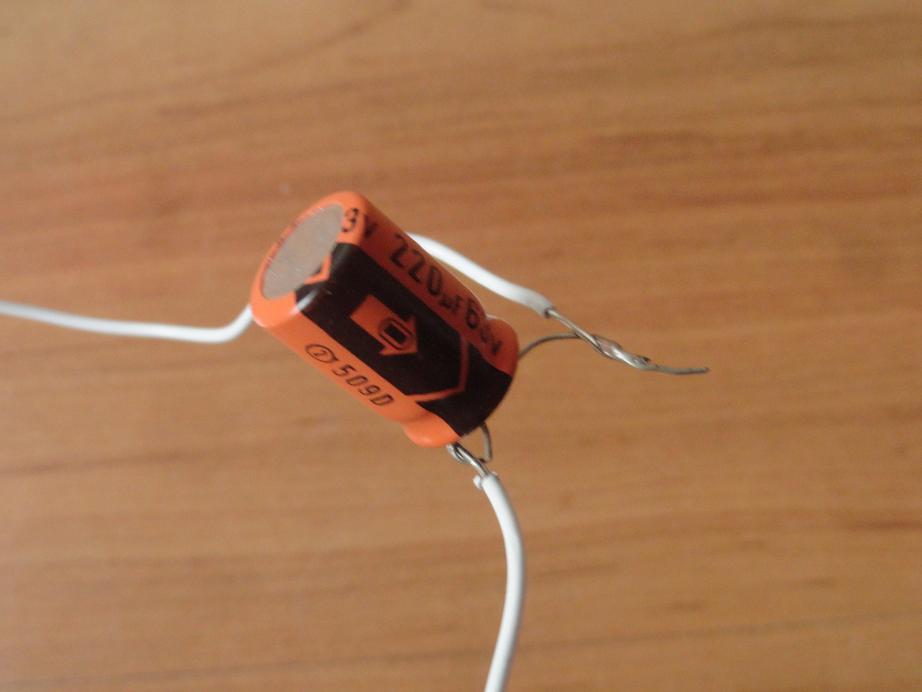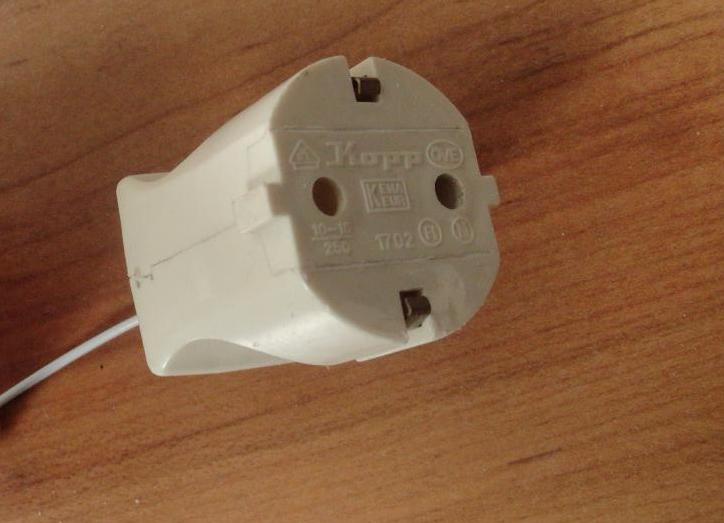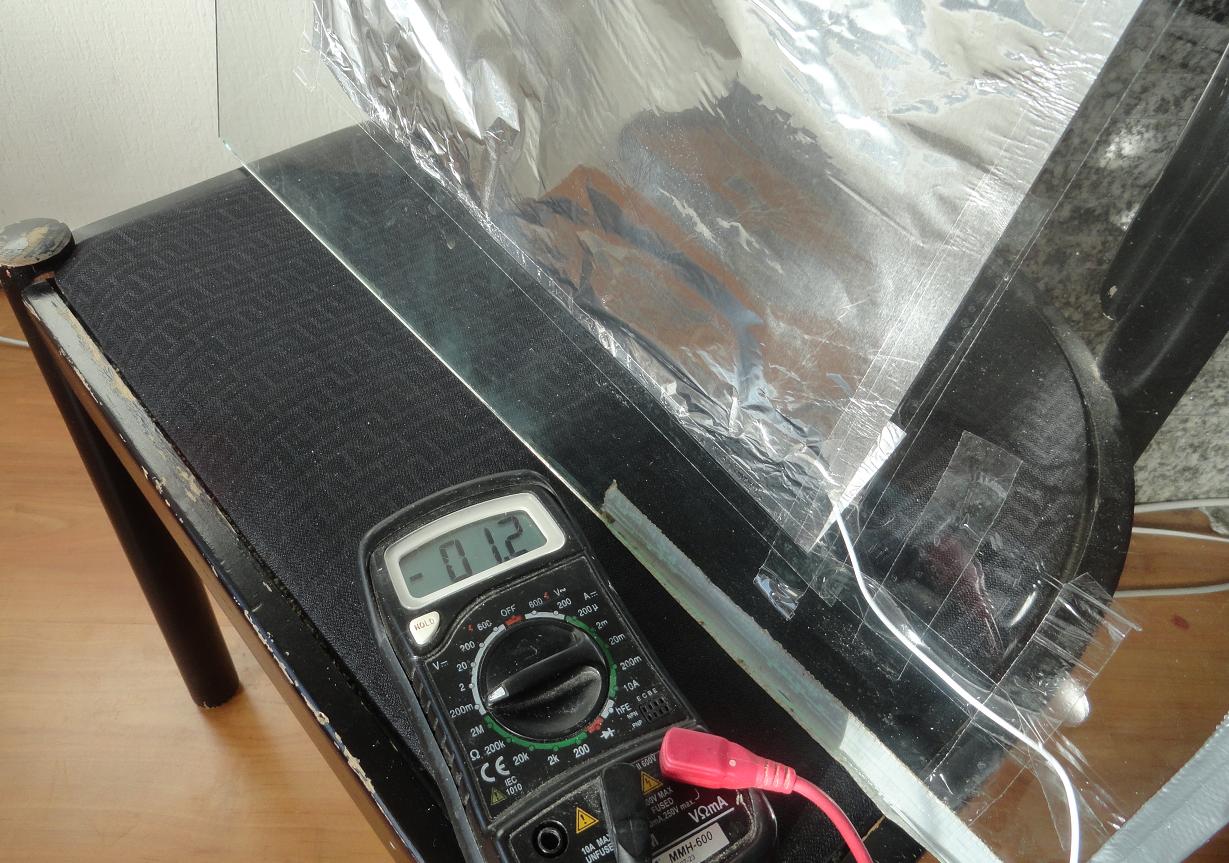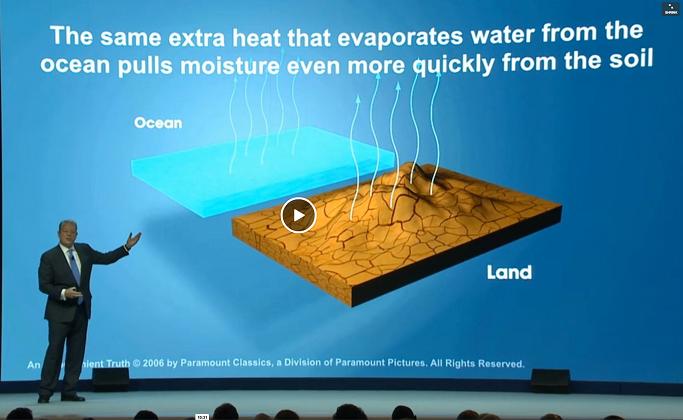The world is struggling to deal with our consumption of fossil fuels. Storms, droughts, floods, diseases, the diseasters are stacking up and becoming more frequent. Fossil fuels are to blame, and oil is one of the most important ones we use. Now suppose we where a restaurant, and we where using an ingredient, the meat, from a certain butcher, and guests kept getting sick on us, we would switch to another butcher. Why can’t we switch to another oil?
One could say there are several reasons for that, one of them is that there is no other oil. But biomass could supply oil in large quantities. Or we could make all logistics electric and we would not need any oil. This would require us to mark a moment in time that would be peak oil use and after that policies would steadily be pushing out oil/coal/gas from all activities. This is not happening.
We are not shifting away from fossil fuels, in fact the fossil fuel gas worked itself into the green fuel category. Total nonsense. The effort is to reach a certain percentage renewables per region, and not a promille more. The fossil fuel lobby is working hard to get new pipelines and gas drilling/fracking rights all the while adding trees to the diet of power plant fuels. Instead of a shift we see a gradual decline of living standards, movement of ideology to the right and always many attacks on wind turbines, solar panels, wave energy etc. etc. Where do fossil fuels get the damn wherewithall to influence so many people so automatically?
The simple reason is that our money system depends on it. Our credit system, the banks, they depend on fossil fuels to operate. Fossil fuels are not simply tradeable commodities and the price of oil is not determined by the market. You can remove any commodity from the market but not oil, coal and gas. Then the market grinds to a screeching halt and all hell breaks loose. Oil, coal and gas are pretending to be mere commodities, they are more than that, they are the oxygen of wealth production as we know it. Now you could say “Yes, we know” but there is something not right with this picture. It is the easy with which we attain oil, coal and gas. We get some money and go to the gas station, and voila, a tank full of irreplaceable fuel.
This is the miracle of the modern world. We are conditioned to see money as the gateway to everything, it is advertised as the thing to want and strive for, but clearly if someone with oil, coal and gas was not ready to sell their materials for this money it would be worthless. How to make a Maserati without consuming coal, oil and gas? In fact, how to make almost anything without these resources, how to offer them in a shop, get them where the consumer is etc. etc. All these things require oil, coal and gas we get for mere paper money.
You can say that the oil producers gets money, and therefore can buy what is made with his/her oil. This would seem like a fair trade but it doesn’t occur. If oil,coal and gas producers would use all profit to buy all the goods made with their fuels, they would 1. Own everything 2. Be giving people money to buy more oil, coal and gas. They would be giving away their oil in return for us making stuff with it. As the combined production of the world are not all piling up in oil states we know this is not happening.
What is happening is that money ciculates in our economy as if people are creating products and services with next to no strain on resources. It is all happening as if the cost of fossil fuels is always acceptable. Some may know that 1. That is very strange, and 2. If the cost of fossil fuels would rise without an adequate response from the banks, society would sieze up. Economist call this ‘a lack of price elasticity’. People are not themselves able to produce most things we enjoy because in most cases the use of fossil fuels is involved and nobody can make it. For some reason we do get to use it and that is a blessing, but one we need to recognize for what it is : One of the options. Because we don’t think about it correctly we don’t seem to feel strong about depending on it.
To blame for that illusion is money, we think it is valuable in itself, but it is only valuable because it is part of a system that quietly supplies us with essential fossil fuels. I call this system the Carboncredit system. It is a system ignored in economics, where oil, coal and gas are simple commodities subject to market forces. Economics is the theory that hides the real system underneath, the one that explains most of what happens in international politics. It has simple rules :
- If you can keep oil, coal and gas flowing you do at any cost. The more money spend on it, the more cashflow and oil, coal and gas revenues are generated (more war is fine as long as you win).
- If there is more oil,coal, gas you need to create more credit or it can’t be consumed (bought) and prices will drop.
- If there is less oil, coal, gas you need to restrict credit or demand will outpace supply and prices will rise.
There is no real middle road between rule 2 and 3 and a desire to preserve fossil fuels. The rules of economics and the carboncredit system don’t care to preserve fossil fuels, because the banks are always anxious for cashflow. Economics main rule is “Maximize the utilization of fossil fuel”.
The rules show that for the oil, coal and gas and banking industry it’s not really important whether there is war or peace. It is not important what is produced. The only thing that is important is that money remains the symbol of access to fossil fuels, so that we focus on it’s dynamics (economics) and not that of our fossil fuels supply (which we would quicly replace).
Meanwhile we wonder why renewables have such a hard time? Banks have to manage the carboncredit system according to the rules above to survive. The dynamics of renewables can only be of negative consequence to the stability of the carbon credit system. How about building a wind turbine? You need fossil fuels to do it and you require carbon credit? Banks are not eager to do that. Solar panels made with coal, reducing future demand for coal? No thank you please. You can never achieve CO2 reduction if you have to please the banks and make your renewable solutions as economically involved (high cash flow) as possible.
Banks need to control credit to go with the ‘flow’ of fossil fuels, especially oil. Now that oil is cheap for instance, they will grasp any opportunity to create credit, something usually done by creating a boom. The ECB has a nice suggestion this time : Print money, just like the US has done for almost a decade now. That’s a coordinated credit increase. One can also trigger a boom f,i. a dotcom boom, a housing bubble a fracking boom, palm oil boom, any old boom will do to get the cash flowing. Maybe a prime renewable real estate boom, that would make double sense because 1. It would restrict renewable development and 2. Facilitate the purchase and consumption of more fossil fuels. Patent value inflation is also a bank friendly way to create credit. Banks can simply decide on monday to value elephant turds with millions, and thus create credit. But they have to keep an eye on the carboncredit rules.
Clearly if we don’t break away from the situation where banks decide about how much credit is brought in circulation, by whom (the people they borrow to) there is not going to be a change away from fossil fuels. The only solution to this situation is the creation of a separate system for credit based on renewable energy, alongside the institution of controls over where banks invest, not through tax deductions, but directly. A do and don’t as to where credit is created, so that credit is spend on fossil fuels in a way that makes us less dependent on credit that can buy fossil fuels. We written about this in dutch in our piece ‘The Coming Emancipation of the Tax Office’
So now we know why we can’t move away from fossil fuels we can adopt two rules that will break the carboncredit spell.
- A parallel credit system for renewables, with different rules and the tax office as issuer of credit. Investments in renewable energy sources don’t have to be payed off.
- Clear rules where banks can invest, excluding activities that keep us dependent on fossil fuels.
- Focus on fossil fuel replacement and energy autonomy, even though cooperation between countries could work very well.
- Reduce waste through restriction of market dynamics (temporarily). Focus on maximizing life and wellbeing in a region instead of ‘economic growth’. L-accounting.
This won’t meet with approval of banks. The way to tackle this disapproval is to create one bank out of all banks and put a combined government at the head of it, for instance the UN. A UN bank for maximizing life on Earth f.i. The power of banks has been their ability to pretend they are competing, that they are separate. All this can be true if they own real assets, but if they only own money then it is nonsense as all banks creating a currency have to follow the same carboncredit rules.
Ultimately there will be much more energy to create wealth than we have today, so things will be better than under the fossil fuel rations we fight over today. To transition however we need to take the reigns from the perspective of the future order, and in that order banks are of no importance whatsoever and the carboncredit system will no longer exist.
